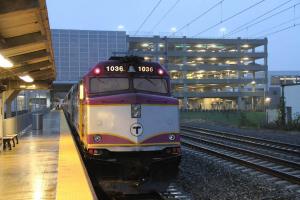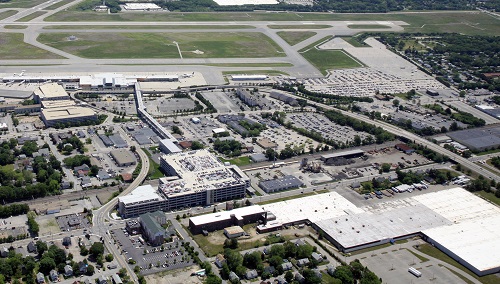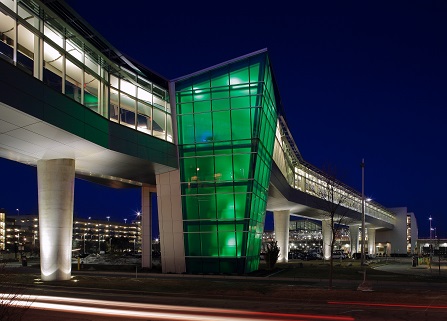
The fact that Boston is on the “short list” for the new Amazon headquarters raises the following question for Rhode Island – how can we prepare to benefit if the company does land an hour north of us?
This is not a new question. My colleagues in the House of Representatives and I have long been thinking about how to take advantage of the economic opportunities Boston presents for Rhode Island. The best – and most obvious – place to start is to ask “What do people who work in Boston need that Rhode Island can provide – maybe even better than Boston can?” One smart answer is housing. The majority of families in Boston and its suburbs struggle to afford housing that meets their needs. By investing more in housing (we’re currently dead last in New England by a wide margin on a per capita basis) with a focus on the forgotten middle class, we can help meet the demand within the financial reach of working families that Boston and its suburbs currently cannot.
Another opportunity? As a Warwick resident with friends who catches the train from TF Green Airport every morning, I see a more robust commuter rail system as another important opportunity for Rhode Island. Already, RIDOT has provided the leadership to begin the conversation about moving people by rail in Rhode Island. RIDOT has laid the groundwork for an improved system through a small annual investment of just over $6 million, largely funded through federal grants, which already serves 91,000 people per year.
In order to fully take advantage of Boston, we need to do better. A look at commuter rail in our neighboring states is a good place to start.
Currently, Connecticut offers commuter rail service across the entire state with connections to New York City. Just last month they expanded this service to western Massachusetts along the New Haven-Hartford-Springfield (MA) line. Connecticut’s experience shows that once the state made the commitment to invest in service that met the needs of residents, ridership increased each year. Now, they’re meeting the growing demand and building on that success with the addition of a brand new service.
In Massachusetts, riders enjoy a robust network of MBTA commuter rail service to and from South and North Station. This service spans the greater Boston metro area and reaches into Rhode Island. It eliminates stressful commutes, reduces the number of cars on the road and helps the environment. These two states have enjoyed success with smart investments targeted to meet the needs of customers. It is a smart model for Rhode Island.
Rhode Islanders have expressed interest in expanded commuter rail, too. Many readers will recall the traffic debacle and gridlock on the way to the 2015 Quonset Air Show. The following year a combined effort by Quonset’s Seaview Railroad, RIDOT, the RI Air National Guard and the MBTA launched the “Trains to Planes” program. This initiative provided free rail service between Providence, Warwick and Quonset during the 2016 RI Air National Guard Airshow. In its first year, the program reduced cars on the road by 1,100, a significant reduction. The next two years saw ridership increased an additional 10%. Clearly, rail service that meets riders’ needs, and their schedules, makes sense. With the fundamentals successfully implemented by RIDOT, it’s time to build on that momentum.
To improve Rhode Island’s commuter rail system and reap the benefits that Connecticut and Massachusetts are enjoying, Rhode Island must create its own intra-state commuter rail system that will attract more riders by increasing the availability of services. For instance, by redirecting existing funds for commuter rail, an addition of “non-rush hour” trains during “off-peak” times, improving the consistency of scheduling, and increased marketing to potential riders would pay significant dividends – and not just in making Boston more accessible. If we build on the existing services to expand and improve commuter rail in Rhode Island, our state will be more attractive to those looking for a new home, for businesses looking to grow, and tourists looking to explore.
Now is the time to implement a more advanced commuter rail system focused on Rhode Island. Given the relatively small investment, and the likely return on that investment, a Rhode Island-centered commuter rail service makes sense for our state, and her citizens.
Rep. Joseph Shekarchi, a Democrat, represents District 23 in Warwick.



 Share This
Share This